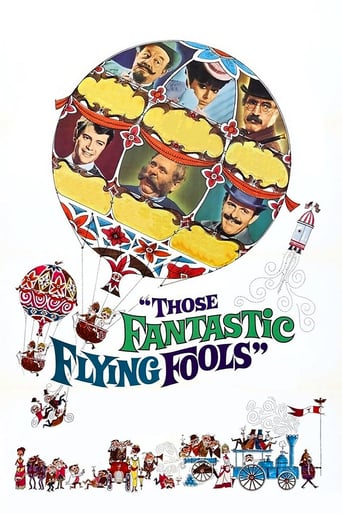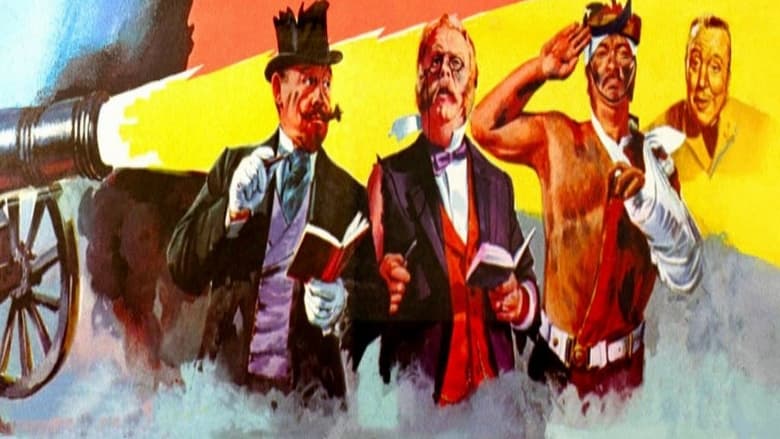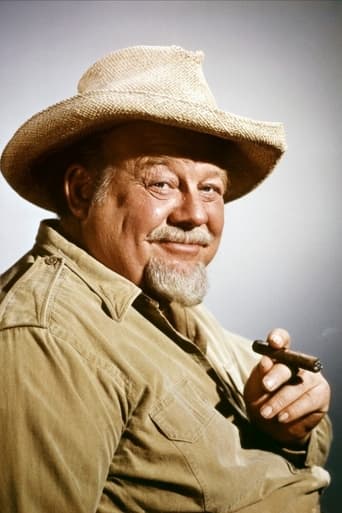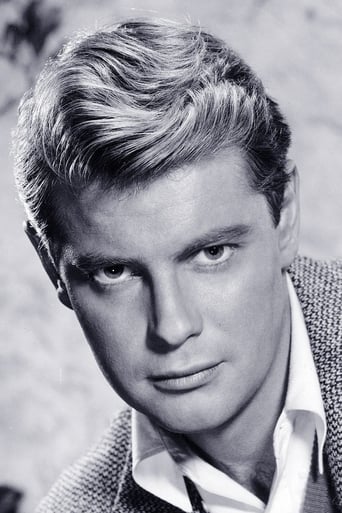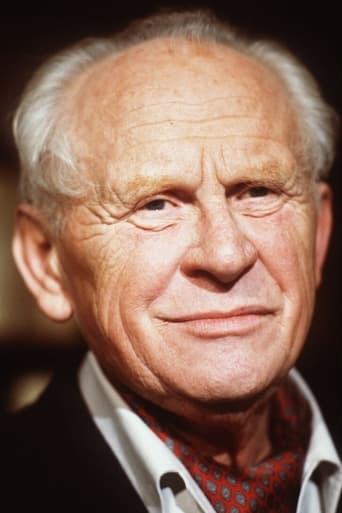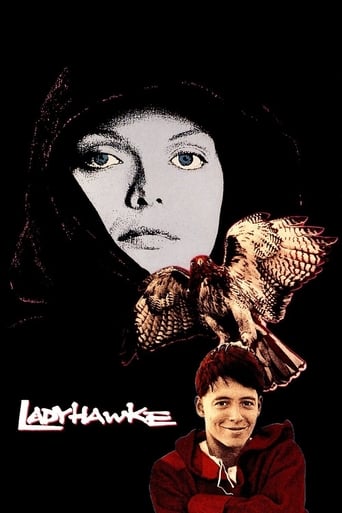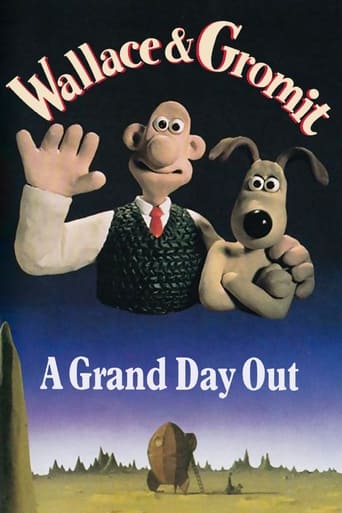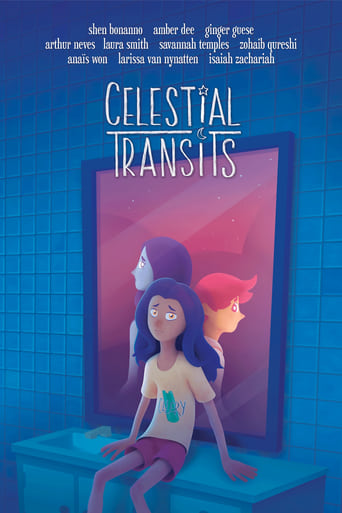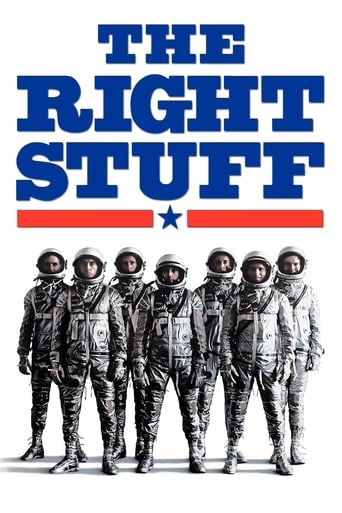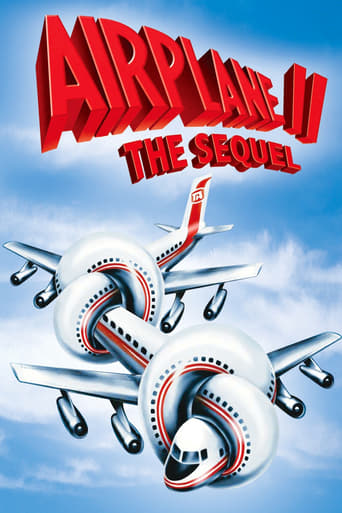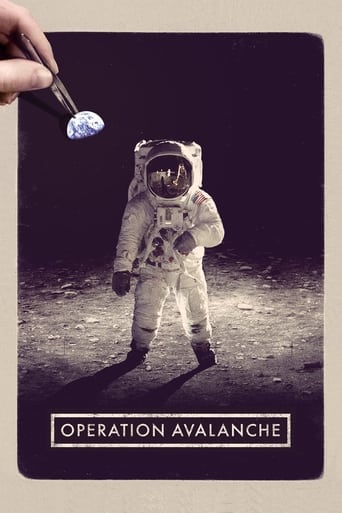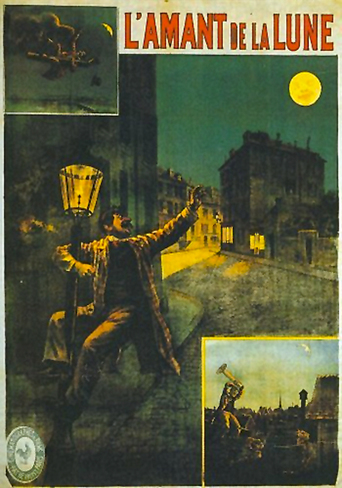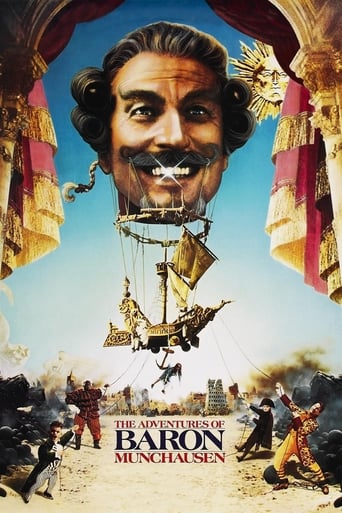Jules Verne's Rocket to the Moon (1967)
Phineas T. Barnum and friends finance the first flight to the moon but find the task a little above them. They attempt to blast their rocket into orbit from a massive gun barrel built into the side of a Welsh mountain, but money troubles, spies and saboteurs ensure that the plan is doomed before it starts...
Watch Trailer
Cast
Similar titles
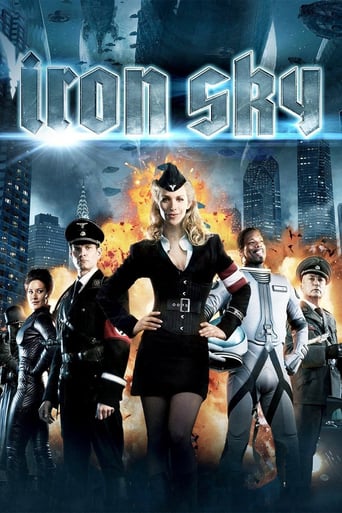
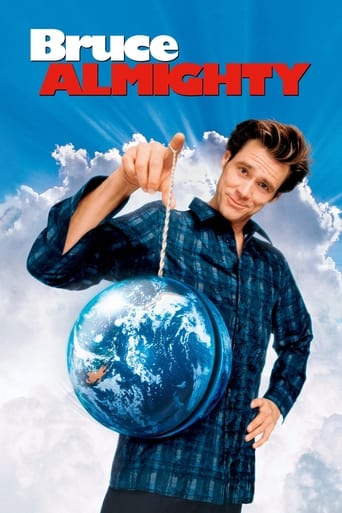
Reviews
Very very predictable, including the post credit scene !!!
People are voting emotionally.
The movie's neither hopeful in contrived ways, nor hopeless in different contrived ways. Somehow it manages to be wonderful
All of these films share one commonality, that being a kind of emotional center that humanizes a cast of monsters.
Terry Thomas played a caddish villain in 'Those Magnificent Men in Their Flying Machines' and 'Monte Carlo or Bust' both big hits with an all star cast.Rocket to the Moon sees Thomas again playing the bounder. Based very loosely on the Jules Verne novel, its another madcap romp with wacky inventions. This time building a moonship to go to the moon in the Victorian era with little Jimmy Clitheroe being the unlucky pilot. Burl Ives turns up as the money scheming PT Barnum, there is a French damsel following one of her two boyfriends to England. Gert Frobe plays a madcap explosives expert.Whereas Those Magnificent Men in Their Flying Machines was frenetic fun with many amusing vignettes. This is an unfunny badly written drivel, overlong, scenes padded out so much it tries your patience, poor acting from one of the leads (Troy Donahue, I assume James Fox was not available,) implausible scenarios such as the chase scene between the car and a penny farthing (where incidentally you see some geese being run over.)I could not wait for this film to finish it really tried my patience as it was one overlong, padded and stupid scene after another, wasting the talents of some good actors. Thankfully Terry Thomas and Graham Stark lift it from a total bomb rating. I recently re-watched Those Magnificent Men in Their Flying Machines and in comparison that film is vintage champagne with this being vinegar.
The transition of these movies is an odd mix to observe. Let's begin with Around The World In 80 Days, decently done. Then Journey to the Center of the Earth, also decently done, and the comedy relief goose is killed. From here, there are other movies, based on H.G. Wells or Jules Verne, and maybe even ERB.Yes, Lionel Jeffries in the '64 Earth To the Moon is very good (rewatched it just this past weekend, after Chicken Run). So where did the glitch emerge? Let's say Mad World ('63), said to be a spoof of the silent movie escapades, triggered it, but it wasn't in the Victorian era. From here, we get efforts like The Great Race, Daring Men In Their Jaunty Jalopies, all which kind of miss and reflect more an idea of the '60s, namely parodying half a century earlier (for some odd reason). What I can best say about this effort is Verne's book actually did not have the characters reach the moon and engage in adventures, so clearly someone thought this allowed space to fill. Unfortunately, we receive these incredibly dull love interests. The movie begins with some idea of Tom Thumb going up, and that is dropped very early on. Why include it then? There will be plot changes throughout the entire film like this. Many figures and characters are astonishingly unnecessary, such as the Hermione Gingold bit. What makes this scornful dismissal so difficult was the intriguing bit of refueling a car by siphoning gas from a street lamp and a family's chandelier, and the automatic bullhorn that didn't work at all. In the end, the movie doesn't stand as novel recreation, or a colorful depiction of a past era and is instead a head-scratcher about what was going on in the '60s in regards to the turn of the 19th century.
JULES VERNE'S ROCKET TO THE MOON is immediately misleading on two out of three points. Firstly, as the opening credits swiftly admit, while the plot is inspired by the general writings of Verne, it is not in fact based on any particular story that he actually wrote, which makes the attribution somewhat spurious. Secondly, while there is a rocket in the film, it becomes increasingly apparent as the movie progresses that it is in no actual danger of going anywhere near the moon.Having cleared up the situation with the misleading title, one can sit back and enjoy an amusing romp that, despite its Victorian setting, is unique to the films produced in the swinging sixties. The typically contrived plot concerns a suddenly bankrupt Phineas T. Barnum (Burl Ives) making an escape from his creditors to England, where he becomes the prime mover in a plan to launch a rocket to the moon. On the side of the angels are a German explosives expert (Gert Fröbe), an idealistic young American (Troy Donahue) with a revolutionary rocket design and the well intentioned Duke of Barset (Dennis Price). Up to no good are an unscrupulous financier (Terry Thomas), an egotistical engineer (Lionel Jeffries) and a Russian spy (Joachim Teege). In characteristic fashion, it is around the central framework of the plot that all the amusing vignettes of the film are built. Terry Thomas' "economical" motor car, and Gert Fröbe's explosive experiments to find the right amount of lift to get the rocket into space are two humorous recurring bits.The film boasts another trademark of films of this era: a large cast filled with familiar faces. Gert Fröbe is great fun in his role as the fireproof Professor Von Bulow. Burl Ives, Terry Thomas and Lionel Jeffries also deliver the goods with their performances, though to be fair, their roles really require them to do little more than play upon already well established screen personas. The gorgeous Daliah Lavi is, well, gorgeous, as the female lead, which is pretty much all her part really calls for. Hermione Gingold, who amazingly is billed fourth in the credits, barely has time to deliver a performance in her five minutes on screen.Dennis Price is fine in a part that has a fair amount of screen time, but really doesn't require him to do much. Seeing Price in such undemanding roles is always a little sad when one remembers his brilliant turn in KIND HEARTS AND CORONETS. However Price's performance in ROCKET TO THE MOON is positively dynamic when compared to that of his American co-star, and supposedly the film's leading man, Troy Donahue. Donahue is one of the many handsome Hollywood hunks of the era, who looked great, but couldn't act their way out of a paper bag and he brings exactly that level of skill to his performance here. When surrounded by such a colourful cast it becomes painfully apparent just how out of his depth Donahue is.JULES VERNE'S ROCKET TO THE MOON is occasionally laugh out loud funny, but mainly delivers grins, smirks and guffaws. Unlike such similar and overlong fare as THE GREAT RACE, THOSE MAGNIFICENT MEN IN THEIR FLYING MACHINES or AROUND THE WORLD IN 80 DAYS, it keeps itself brief, does not wear out its welcome and makes for an ideal film to watch on a Sunday afternoon.Unfortunately, ROCKET TO THE MOON has been released in America on home video in only in pan and scan in a long out of print VHS release (under the ridiculous title THOSE FANTASTIC FLYING FOOLS). It is available in the UK in a quite acceptable 2.35:1 widescreen DVD release.
In the 1960s there was a new phenomenon in movie comedies: the comedy that included every known comic in the business, usually in some mad plot. America gave us IT'S A MAD, MAD, MAD, MAD WORLD,THE RUSSIANS ARE COMING, THE RUSSIANS ARE COMING!,and THE GREAT RACE. Britain gave us THOSE MAGNIFICENT MEN IN THEIR FLYING MACHINES and MONTE CARLO OR BUST. Both of those films dealt with speed contests (the 1910 London to Paris air contest, and the first Monte Carlo rally). Both had several comic actors in them (Terry-Thomas, Gert Frobe, Tony Hancock, Dudley Moore and Peter Cooke, Tony Curtis, Alberto Sordi). Then, in 1967, came THOSE FANTASTIC, FEARLESS, FLYING FOOLS (also known as ROCKET TO THE MOON). Like the other two films from England, it was a period piece, set in the 1870s. But the story is basically a transposed version of Jules Verne's FROM THE EARTH TO THE MOON. The original novel was set in Florida (oddly enough near modern day Cape Kennedy)after the American Civil War. In ROCKET TO THE MOON P.T. Barnum plans to build a "Columbiad" cannon inside a mountain in Wales, and have the moon capsule piloted by General Tom Thumb. Instead it becomes a British national issue, and a committee is formed headed by Dennis Price (the Duke of Barset - another literary borrowing, only from Anthony Trollope). Unfortunately Terry-Thomas and his business partner Lionel Jeffries are also involved in the committee, and they both see a chance to make money on this. Jeffries is the original capsule builder, but Barnum points out that Jeffries design only enables the capsule to go to the moon period. "Hold it laddy," intones Jeffries, "I was told to design a capsule to get a traveller to the moon...nobody said a word about getting him back." Jeffries is replaced. Subsequently Price discovers that Terry-Thomas has been gambling away the committee's money, and he is fired. Facing financial ruin, both men decide to sabotage the project. Gert Frobe, the inventor of the new explosive to use to send the vehicle to the moon, is a totally mad German scientist. His best moment in the film is a whimsical one. He has designed vocal semaphore devices that you speak through. This enables the two people who are communicating not to be heard and understood by anyone else, for the machines break down the words to syllables that are hard to understand. The other person, using the other semaphore (but winding it backwards)is supposed to reattach the syllables into an understandable set of words. Unfortunately, as Frobe discovers, the device does not quite work. "I can't understand a word he's saying.", a doubtful Frobe says.Actually Burl Ives and Terry Thomas have choice moments too. Ives accidentally stumbles on the site where some of Frobe's explosive is being tested, and desperately tries to break the fuse with a rock and his cane. Terry Thomas has designed an early automobile that runs on "gas" - meaning "neon" from street-lamps. Jeffries says that the whole nature of the vehicle is immoral - it runs on stolen gas! "That's not the point!", says Terry-Thomas, "It's very economical!"It is not a bad film, and can be a little enjoyable in its whimsy.
